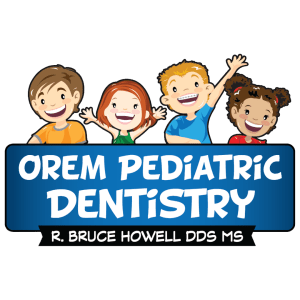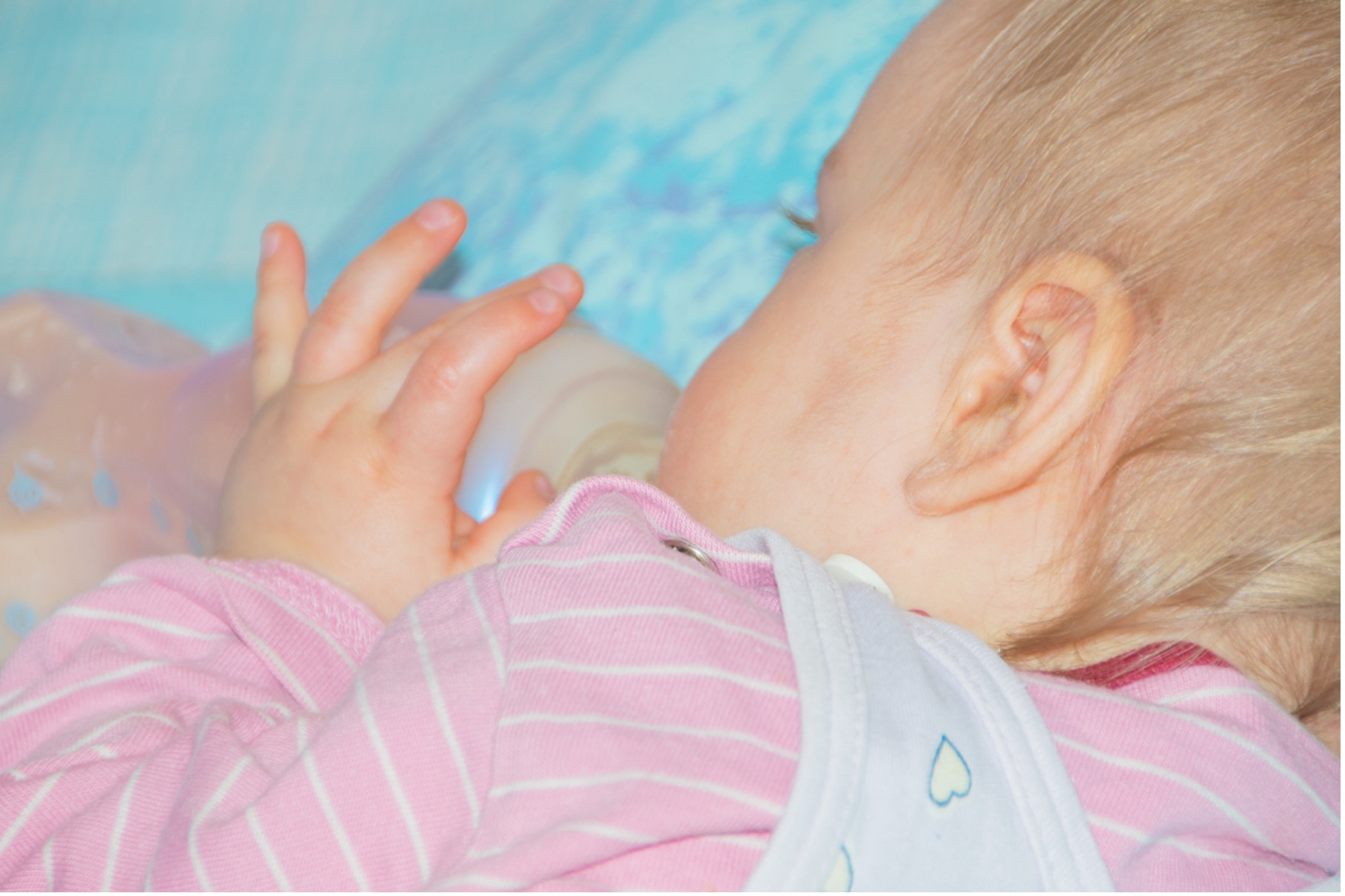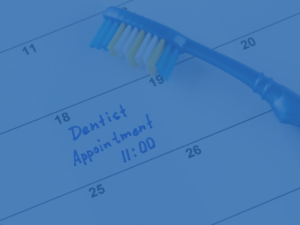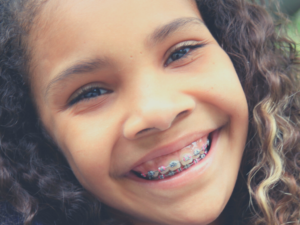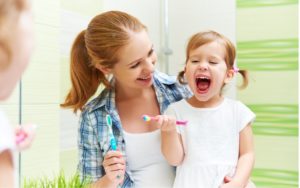A common question parents have is, “Is it okay to let our baby sleep with a bottle?”
The straightforward answer is “No.” But we want parents to understand why this is not a good habit to develop with their baby. So, let’s go over this in more detail.
Why letting your baby sleep with a bottle is unhealthy?
If your baby falls asleep with a bottle in their mouth, small amounts of milk, breast milk, or juice leak out and collect around the teeth. The sugars in the milk or juice combine with the bacteria in their mouth to form acids. These acids attack tooth enamel and cause cavities. Babies and children are especially prone to cavities due to the different pH levels in their mouths. And sadly, childhood tooth decay is an epidemic today because of this.
Protecting your child’s baby teeth is essential.
Some parents think that their baby’s first set of teeth is not so critical because the child’s permanent teeth will later replace the baby teeth. However, this is not the case. According to the American Dental Association:
“Baby teeth are essential to your child’s health and development.
They help them chew, speak, and smile. Also, baby teeth hold space in the jaws for permanent teeth growing under the gums.
When a baby tooth is lost too early, the permanent teeth can drift into the gap created from the lost tooth. This shifting can make it difficult for other adult teeth to find room when they come in. The result can be crowded or crooked teeth.
That’s why starting infants with good oral care can help protect their teeth for decades.”
How to break the habit of your baby sleeping with a bottle.
It is never too late to correct this habit. The sooner you fix it, the better your chance of protecting your baby’s teeth. Here are some tips to help:
- Start by giving your baby the bottle as you rock them to sleep, and then put your baby in the crib without it.
- If your child is older than six months, you can also dilute the bottle with water, so there is less sugar in it. Start by replacing only one ounce with water, then increase the amount of water by one ounce a day until you’re giving your baby only water.
- You can also break the association between the bottle and bedtime by slowly reducing and finally stopping the nighttime feedings. Once the bottle is gone, your baby may have a few nights of fussiness. We understand that it is hard for moms to listen to their baby fuss, but it will soon fade if you stick to it.
- You can also introduce another, more suitable nighttime comfort object like a blanket or a toy.
How to avoid cavities in baby teeth.
Cavities can also develop from your baby drinking bottles during the day. For this reason, do not put sugary fruit juices or sodas in your child’s baby bottle to avoid this problem.
Also, you can follow these guidelines from the American Dental Association for oral hygiene for the various growth stages of your child:
- Begin cleaning your baby’s mouth the first few days after birth by wiping the gums with a clean, moist gauze pad or washcloth. As soon as teeth appear, decay can occur. A baby’s front four teeth usually push through the gums at about six months, although some children don’t have their first tooth until 12 or 14 months.
- Children younger than three years should have their teeth brushed as soon as they begin to have teeth come in. Use fluoride toothpaste in an amount no more than a smear or the size of a grain of rice. Brush teeth thoroughly twice daily (morning and night) or as directed by a dentist or physician. As they learn to brush their teeth independently, supervise them to ensure they use the appropriate amount of toothpaste and brush correctly.
- Use a pea-sized amount of fluoride toothpaste for children 3 to 6 years of age. Brush teeth thoroughly twice daily (morning and night) or as directed by a dentist or physician. Continue to supervise children’s brushing and remind them not to swallow the toothpaste.
- When your child has two teeth that touch, you should begin flossing between them daily.
Summary
At Orem Pediatric Dentistry, we are committed to helping our patients enjoy strong, healthy smiles for many years to come. Start them off on the right foot at an early age when their baby teeth start to come in. Please bring your child to our pediatric dentist by their first birthday. While this may seem too early for a dental checkup, it is essential to have a dental professional examine their oral health to ensure that their teeth are growing in correctly.
Sincerely,
Dr. R. Bruce Howell
